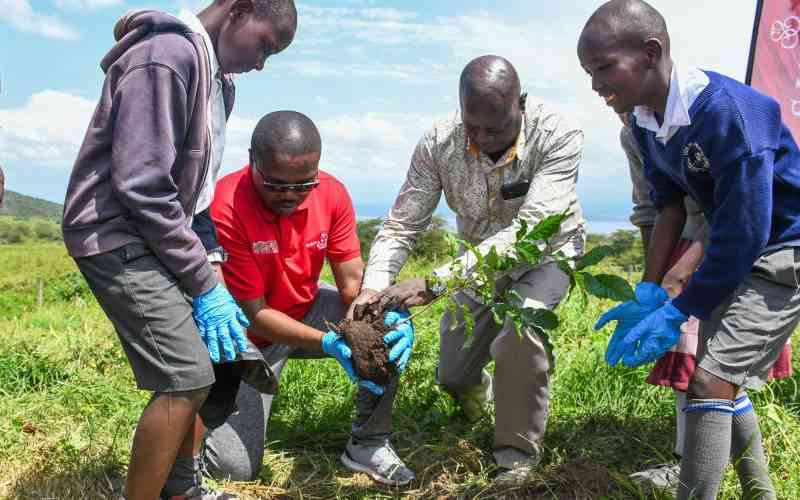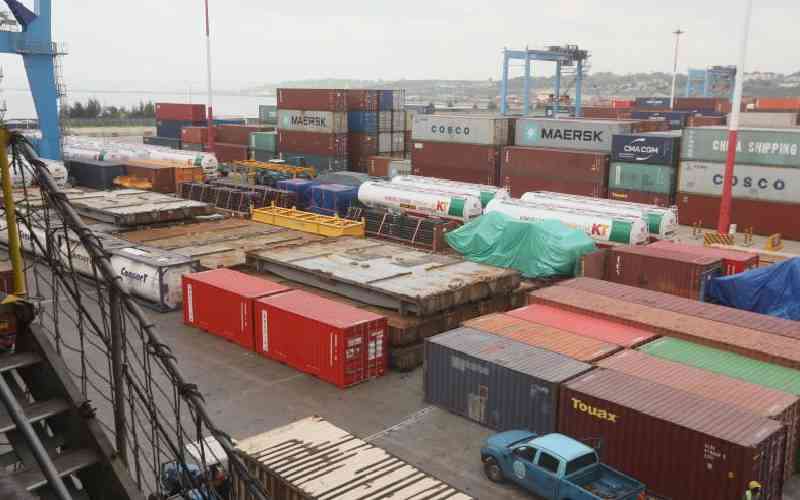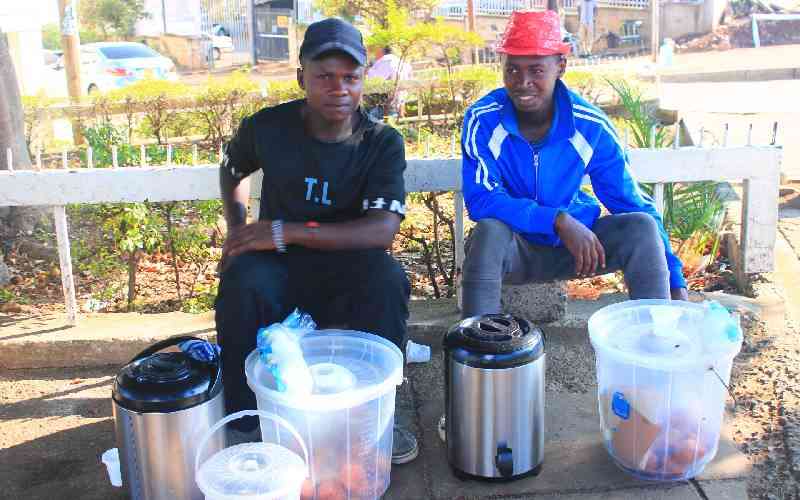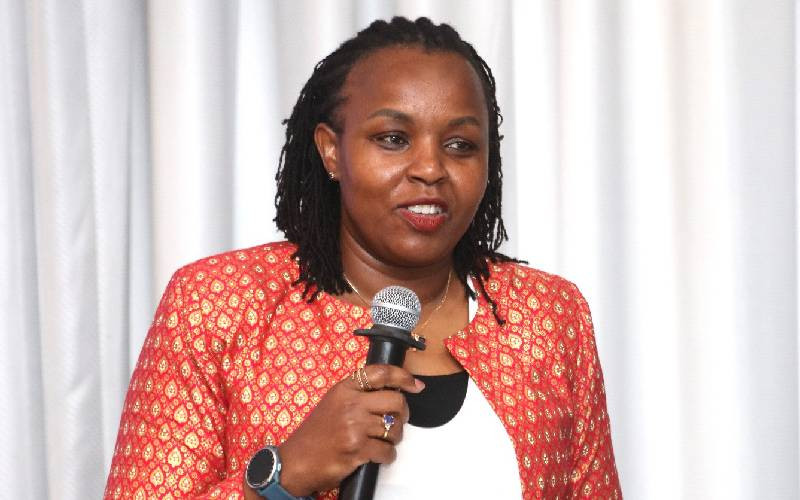
AAR Hospital today operated a special haematology clinic to mark World Haemophilia Day, as healthcare providers draw attention to the economic consequences of underdiagnosed bleeding disorders in Kenya.
The clinic aims to improve access to testing for haemophilia, a genetic condition affecting blood clotting in an estimated 1 in 10,000 people globally. Untreated cases can lead to long-term health complications that impact individuals' ability to work and contribute to the economy.
Dr Joseph Sumba, a haematologist at AAR Hospital, stated that the clinic will provide laboratory support for diagnosis and management. The hospital collaborates with the World Federation of Haemophilia (WFH) Kenya chapter to aid patients in accessing treatment.
The focus of World Haemophilia Day 2025, "Access for All: Women and Girls Bleed Too," underscores the issue of underdiagnosis, particularly among women, representing a potential loss of productivity in the workforce. Estimates suggest over 5,000 Kenyans live with bleeding disorders.
The cost of managing haemophilia, primarily through replacement clotting factors, can be substantial for individuals and families. Healthcare professionals argue that early diagnosis and consistent treatment can mitigate long-term health issues and enable greater economic participation.
Dr Sumba called for increased government involvement in addressing rare conditions like haemophilia, including better training for healthcare workers and equipping public facilities with necessary diagnostic tools and treatments. He emphasised that such investment in healthcare infrastructure has a direct impact on the nation's economic productivity by ensuring a healthier workforce.
The AAR Hospital initiative highlights the ongoing efforts within Kenya's healthcare sector to improve the diagnosis and management of bleeding disorders, with a growing recognition of the broader economic implications for individuals and the country.







